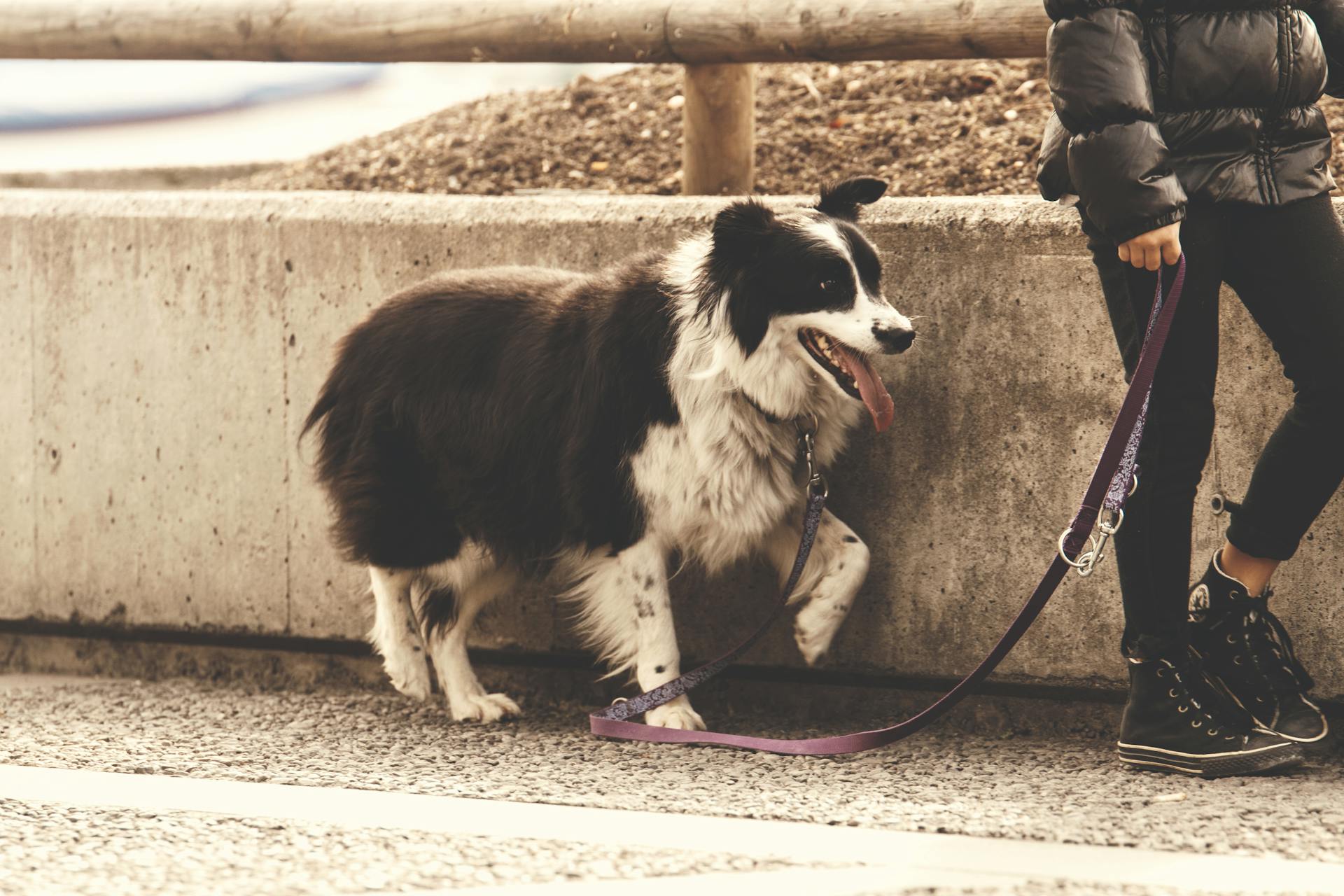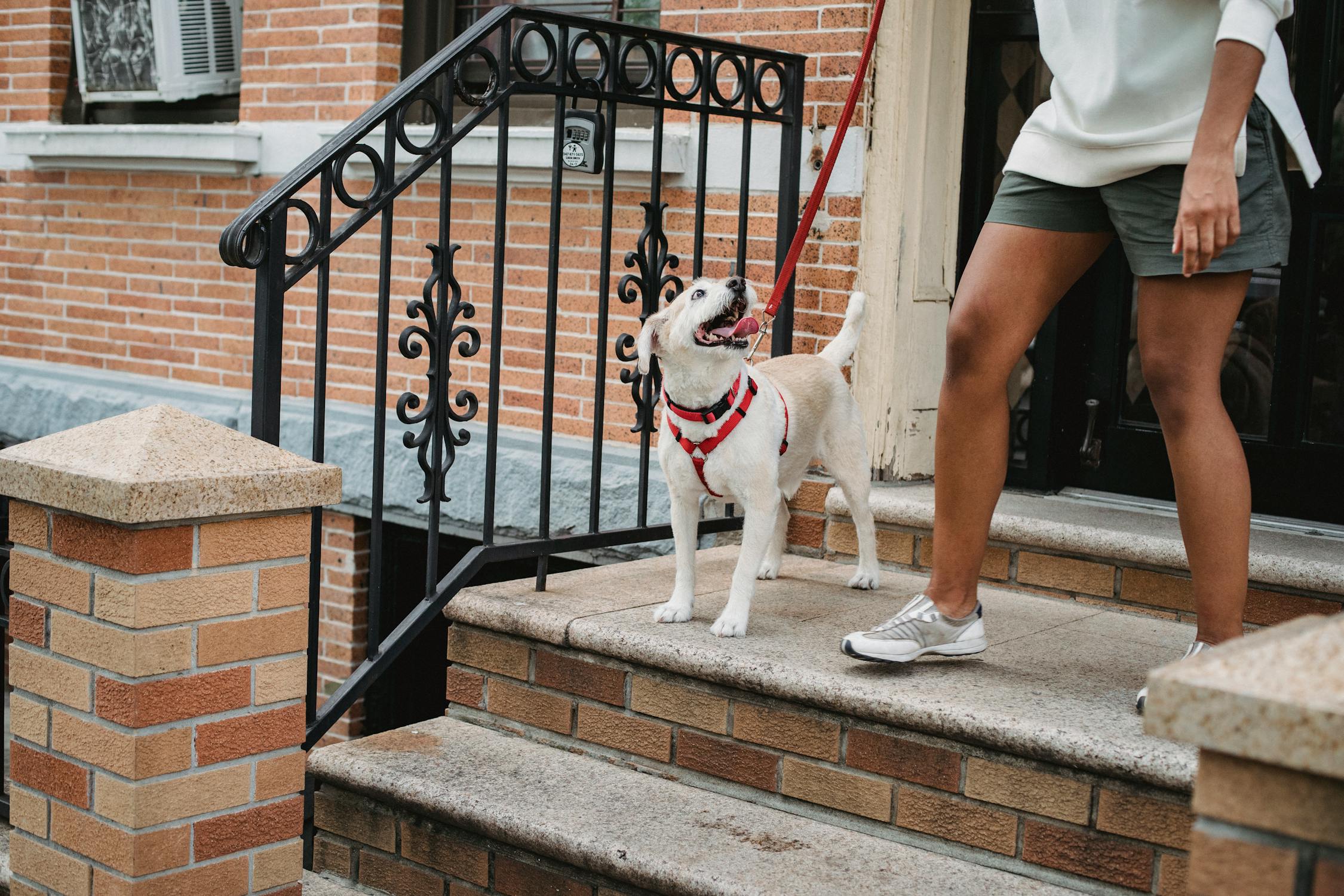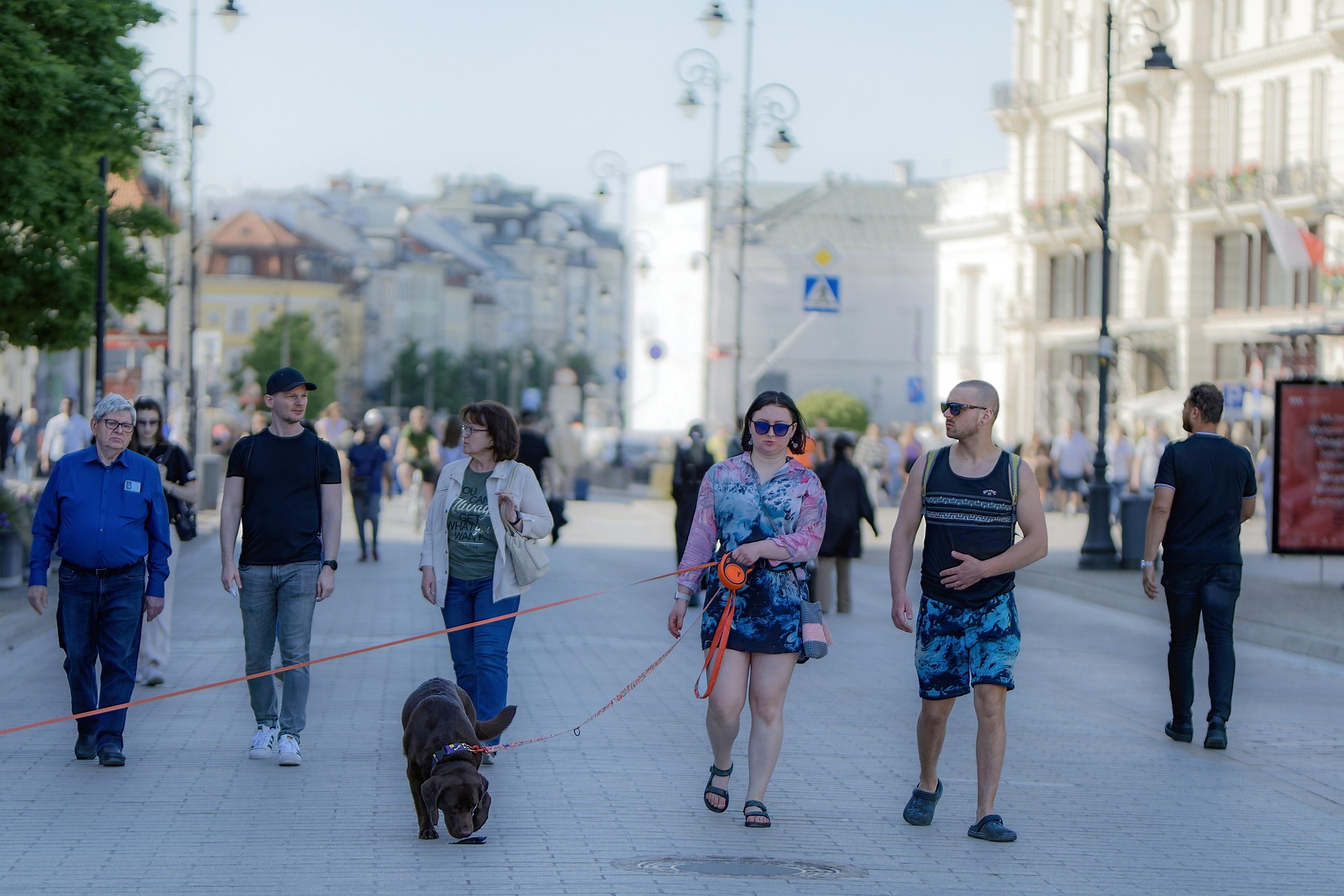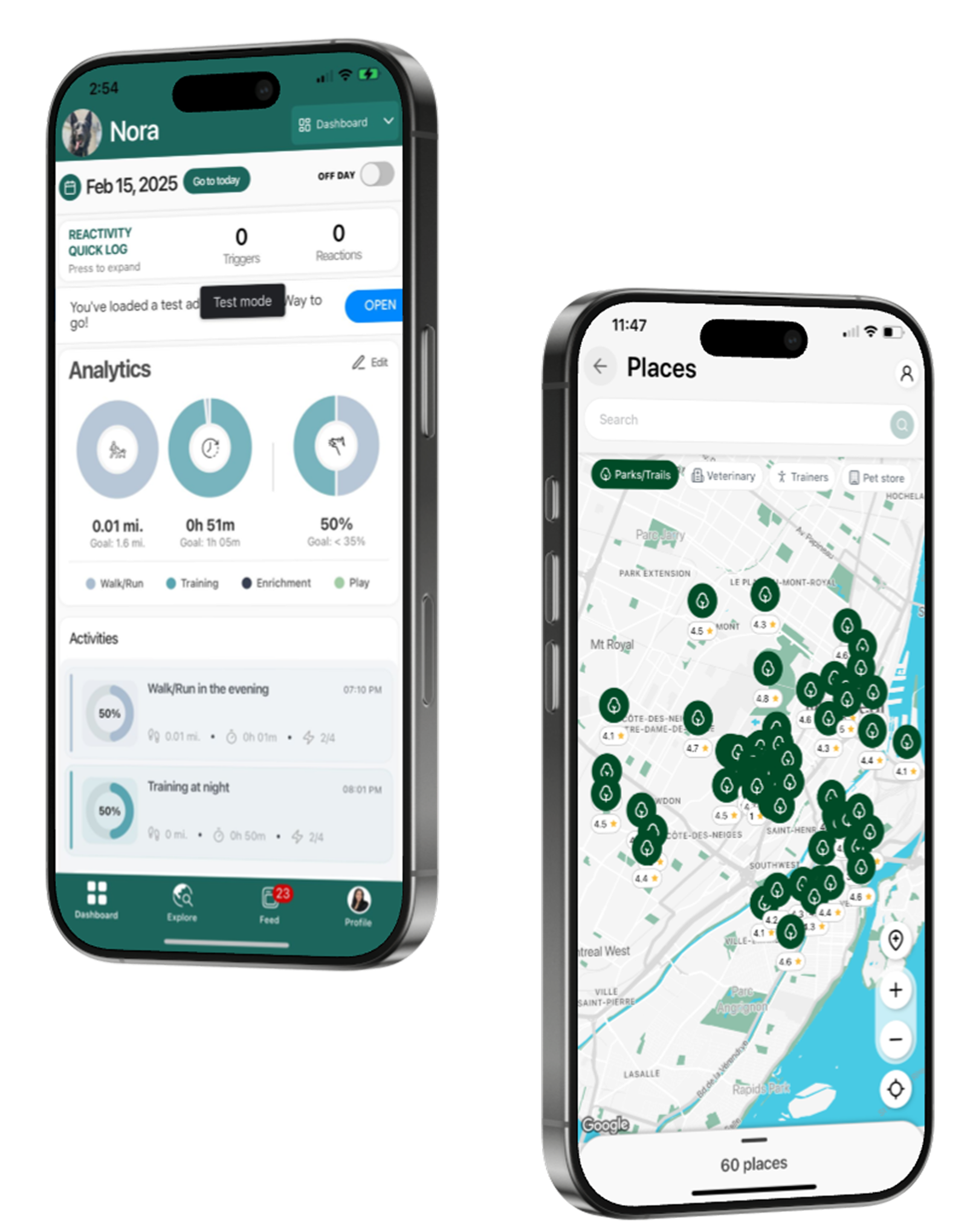Coping with the Emotional Toll of Owning a Reactive Dog
By Christelle S. • 2025-03-03

Owning a reactive dog can be an emotional rollercoaster. Some days, you feel like you’re making incredible progress; other days, a single trigger can leave you feeling defeated. It’s not just about training your dog—it’s about managing your own emotions and well-being too.
1. It’s Okay to Feel Frustrated
There were moments when I felt overwhelmed—when my dog lunged at another dog or barked uncontrollably in a situation I thought we had mastered. I learned that frustration is normal, but what matters is how we handle it. Taking a deep breath and reminding myself that progress isn’t linear helped me move forward.
2. Self-Care Matters
It’s easy to put all your energy into helping your dog without realizing you’re neglecting yourself. But your mental health matters just as much. Whether it’s stepping away for a break, talking to a supportive friend, or engaging in hobbies that bring you joy, taking care of yourself makes you a better support system for your dog.
3. Finding Support Changes Everything
The loneliness of dealing with reactivity can be one of the hardest parts. Connecting with others who understand—whether through online communities, support groups, or local reactive dog meetups—can make all the difference. You’re not alone, and having a network of understanding people can help lighten the emotional load.
4. Celebrate the Small Wins
Even the tiniest victories—walking past another dog without a reaction, a calmer response to a trigger, or just a good day—deserve recognition. Shifting my mindset from “we still have so much work to do” to “look how far we’ve come” made a huge impact on my mental well-being.
Final thoughts
Owning a reactive dog is tough, but it also deepens the bond you share. The journey isn’t always easy, but with patience, self-care, and support, it becomes a little lighter. Remember: you’re doing your best, and that’s enough.







